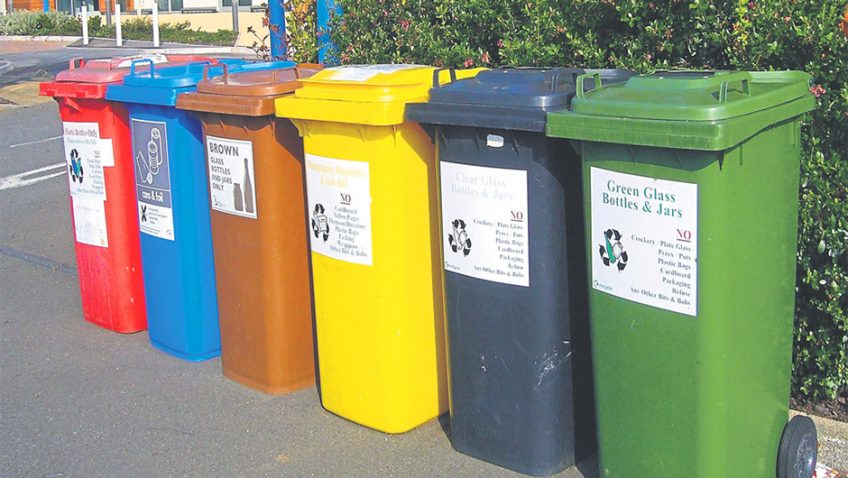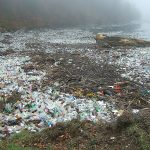Recycling is very much in the news at present, in no small part due to the increasing concern over the danger that plastic pollution of the seas poses. Most of us will have watched the splendid BBC TV series Blue Planet II and will have been shocked and appalled at how our plastic waste is polluting our seas and endangering marine life and habitat. The pollution of our natural world is a present and growing concern, and it’s not just plastics. Our irresponsible disposal of our waste is endangering our planet – the effects of which will impact us all.
The government are currently developing a strategy on how we tackle the issue of waste disposal over the coming decades, and there is a great deal of pressure on retail businesses and producers to reduce packaging and ‘single use’ bottles and containers.
Most of us are fully aware of the issues around waste and the need for us all to ‘do our bit’, to recycle as much as possible and avoid throwing things in the bin which end up in landfill. However, many of us are finding the whole process increasingly frustrating and confusing.
So what’s the problem?
The challenge of pre-sorting our waste ready for collection, the inconvenience and mess resulting from missed collections and the confusion over what we can and cannot recycle, all contributes to this subject being something of a bone of contention.
Some find they have little space in their home to accommodate the various bags, bins and boxes; some find the sorting of waste ready for collection onerous; others don’t understand the benefits and some simply can’t be bothered. Taking items to our local municipal tip has become a chore in many areas, with some needing to register with the tip, and on some occasions, pay to dispose of items. Different local authorities have different rules, different types of bins or containers and different collection schedules. Local authorities change waste collection contractors pretty regularly and that usually means a change to what we have to do, so no wonder we get confused.
Local authorities speak of the pressure on their budgets to justify the charges they make, and with some justification. Encouraging businesses and producers is great, but if we are not able to efficiently and effectively recycle our household waste, the desired aim to reduce the waste we send to landfill seems likely to fail. Even with the best of intentions, the odds seem to be stacked against us doing our bit effectively.
What’s to be done?
There is clearly a need for us to recycle as much as we can and dispose of our household waste responsibly. So given that the government is giving this issue such a high profile, why is the process so ineffective and why are we being asked to pay for our collection boxes, bags and for using the local tip? If there is a desire for us all to recycle more, then we must have a process that is effective, efficient and simple.
Solutions are out there – we just need the powers that be to have the foresight and commitment to build a robust national recycling infrastructure and to demand simple, user-friendly, effective recycling processes from our local authorities. Demanding such from our political representatives would be a step in the right direction.
As David Attenborough so eloquently put it: ‘The future of all life now depends on us’.
Do you have any innovative recycling tips or have you resolved a local recycling issue? We’d love to hear from you.




